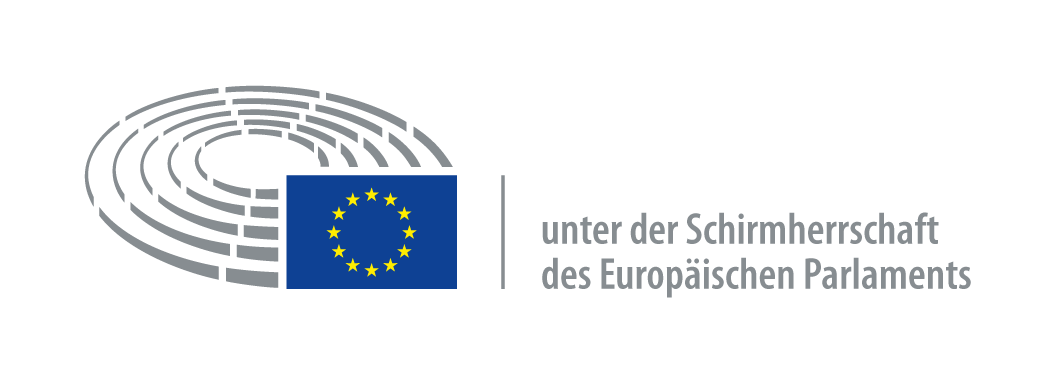2 August 2024
Volker Türk
Hoher Kommissar der UN für Menschenrechte
Video-Statement anlässlich des 2. August 2024, dem Holocaust-Gedenktag für Sinti und Roma
Distinguished Delegates,
Colleagues, Friends,
I regret that I cannot be with you in person as we commemorate the memory of the hundreds of thousands of Roma and Sinti who were cruelly murdered by the Nazis during the Holocaust – including at the Auschwitz-Birkenau death camp on that dreadful day of 2nd August 1944.
We remember, also, the six million Jews who were cruelly murdered, as well as others – people with disabilities and LGBTIQ+ people – all of them victims of the Nazis’ depraved and perverse ideology.
And we honour all survivors, particularly today Roma and Sinti survivors.
Each of us must carry forward their testimony.
A warning of the unimaginable horrors that can flow from hatred and dehumanization.
And a reminder of the need to deal with the past.
We must heed the lessons of history.
I welcome initiatives such as this conference – which demonstrate the vital importance of memorialization and truth telling.
We know that when truth telling does not take place, cycles of discrimination and violence continue.
It is a tragedy that today, the situation for Roma remains precarious.
Discrimination, exclusion, marginalization – this is centuries old, but persisting today against a backdrop of escalating hate speech against minorities more generally, including on social media and by some populist leaders.
I saw the awful consequences of anti-gypsyism for myself in the immediate aftermath of the Kosovo[1] conflict, where I was involved in the establishment of a human rights monitoring initiative to address the appalling discrimination and violence faced by Roma, Egyptian and Ashkali communities.
I remember vividly entire settlements erased, after Roma were attacked in their homes over the summer of 1999, with houses burnt to the ground.
Tens of thousands of individuals from these communities remain displaced today.
More broadly, the difficult environment for Roma in Europe was starkly illustrated in a survey carried out by the EU Fundamental Rights Agency in ten countries in 2021.
17 per cent of those surveyed had endured some form of hate-based harassment in the past twelve months.
Four out of five were at risk of poverty.
Despite this challenging picture, some positive steps have been taken.
Sweden, for instance, has made significant efforts on public memorialization. Germany has recently appointed a Federal Commissioner on anti-gypsyism.
Much more needs to be done, though, to ensure all these communities are able to access their rights – to education, work, housing, health, public services, and more.
Colleagues,
Last year, as we marked the 75Das war für mich persönlich ein einzigartiger Moment, der mich in meinem Bestreben noch entschlossener machte, dafür zu sorgen, dass wir all derer gedenken, die unter dem Naziregime gelitten haben. Und dass wir nie wieder zulassen, dass so etwas jemals wieder geschieht! anniversary of the Universal Declaration of Human Rights, States reconfirmed their commitment to human rights – to equality and dignity for all.
In this spirit, we need more focused attention and action to advance the rights of minorities everywhere.
My Office is working with civil society organisations, governments, and other partners to tackle anti-gypsyism and to encourage public memorialisation policies.
This includes launching a crowd-sourced Romani Memory Map for the Americas, to highlight both the positive contributions, as well as the atrocities of the past, from the Holocaust through to ethnic cleansing, slavery, coercive sterilization, and the systematic taking of children into state care.
Colleagues,
The United Nations was founded on the idea – the commitment – that the horrors of the Holocaust would never be repeated.
That we would build a world anchored in respect for the equal value of each human life.
Let us come together on this historic European Roma Holocaust Memorial Day to redouble efforts towards this vision of the world as it should be – more inclusive, fair and peaceful.
In human rights we have a clear roadmap.
I urge countries to acknowledge openly the anti-gypsyism that exists in their societies.
To put in place effective policies to tackle exclusion in education, housing, health care and employment.
To address patterns and practices of ethnic profiling and abuse by police and other public officials.
And to implement public memorialization initiatives.
I hope that your conversations at this conference and throughout these commemorations will provide creative ways to end the discrimination and injustice faced for so long by your communities.
Freunde,
I would like to pay tribute to the dedication of human rights defenders, as well as the extraordinary resilience of your communities.
My Office is committed to working alongside you in the journey towards equality and dignity for all.
Wir danken Ihnen.
[1] References to Kosovo shall be understood to be in the context of Security Council Resolution 1244 (1999).
Stellungnahmen 2024
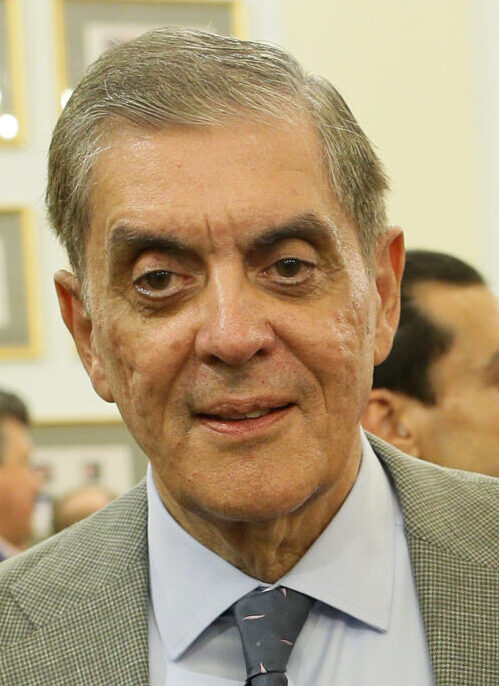
Romani Rose
Zentralrat Deutscher Sinti und Roma
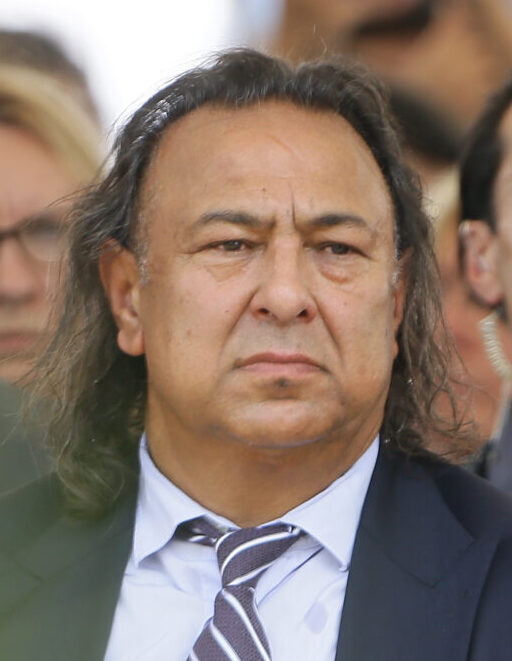
Roman Kwiatkowski
Verband der Roma in Polen
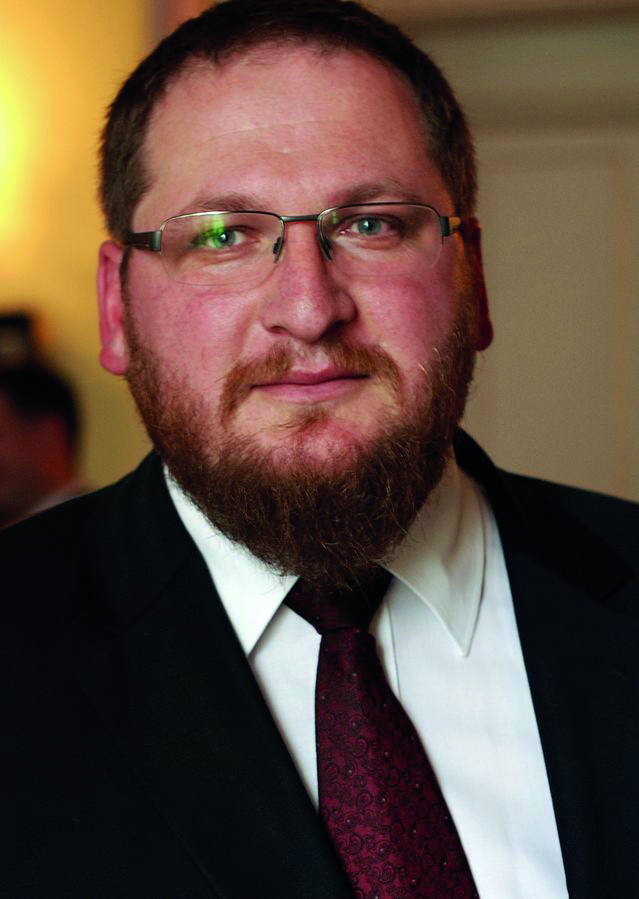
Piotr Cywinski
Direktor des Staatlichen Museums und der Gedenkstätte Auschwitz-Birkenau
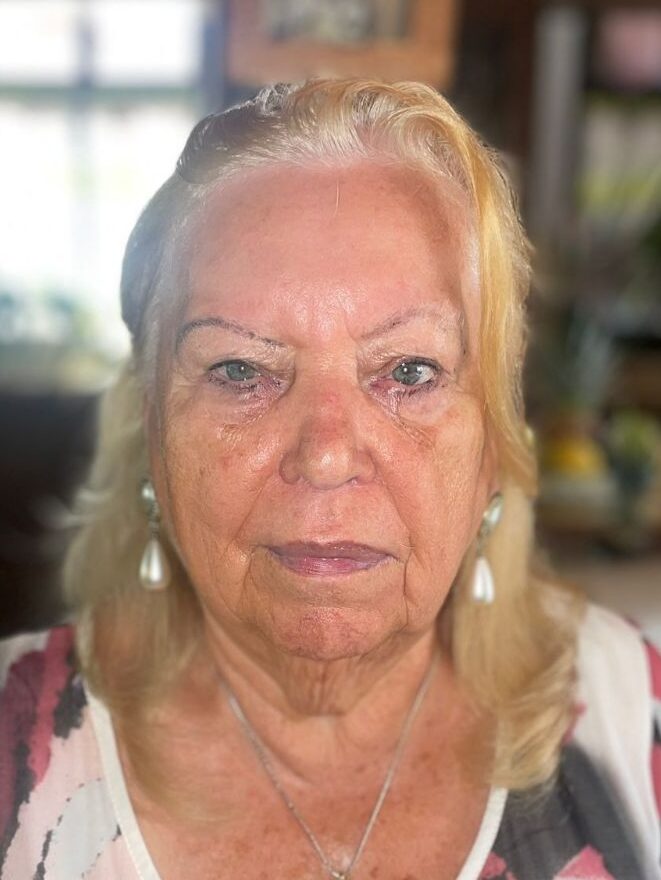
Alma Klasing
Überlebender des Holocaust
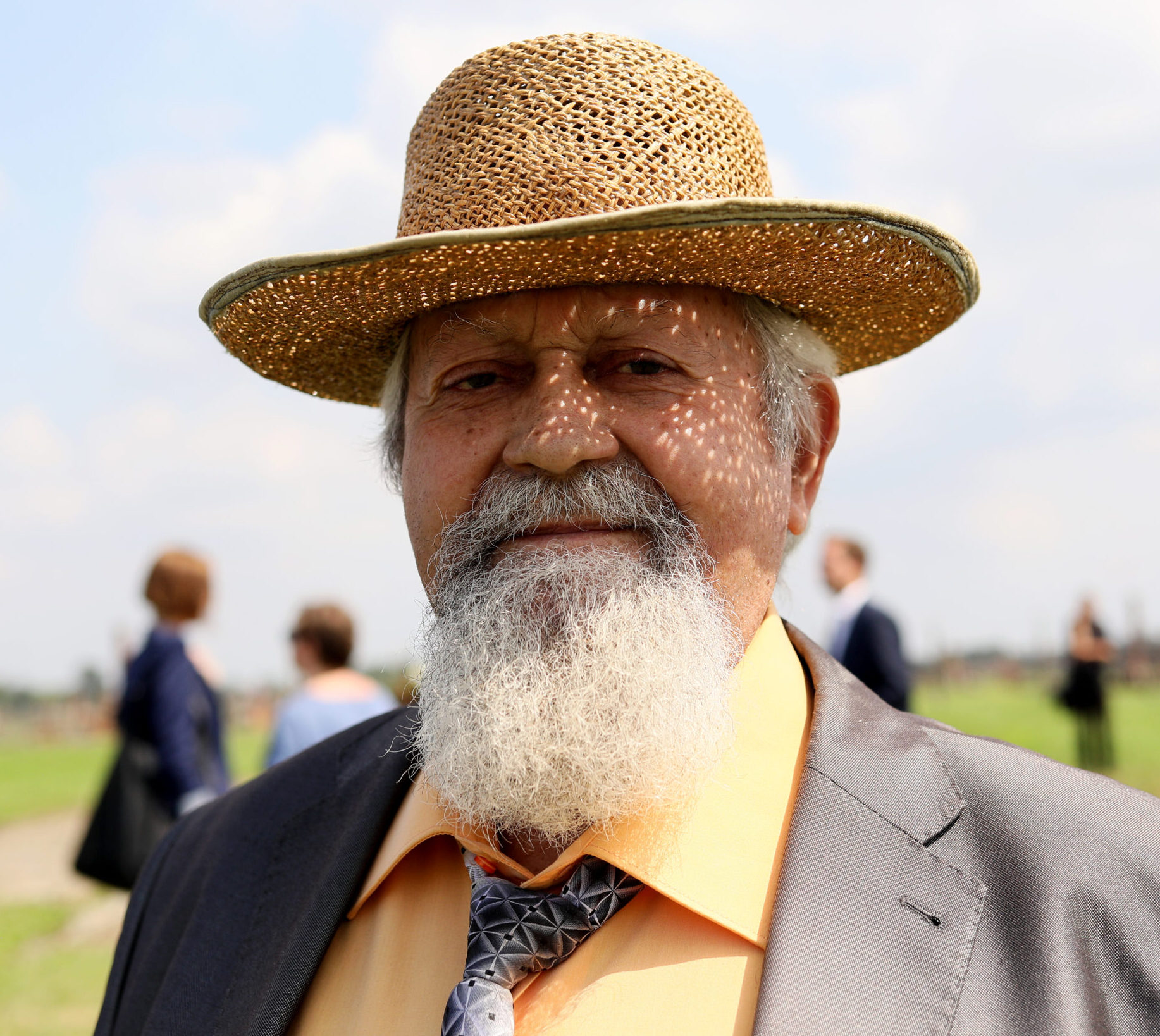
Bolesław Rumanowski
Überlebender des Holocaust




